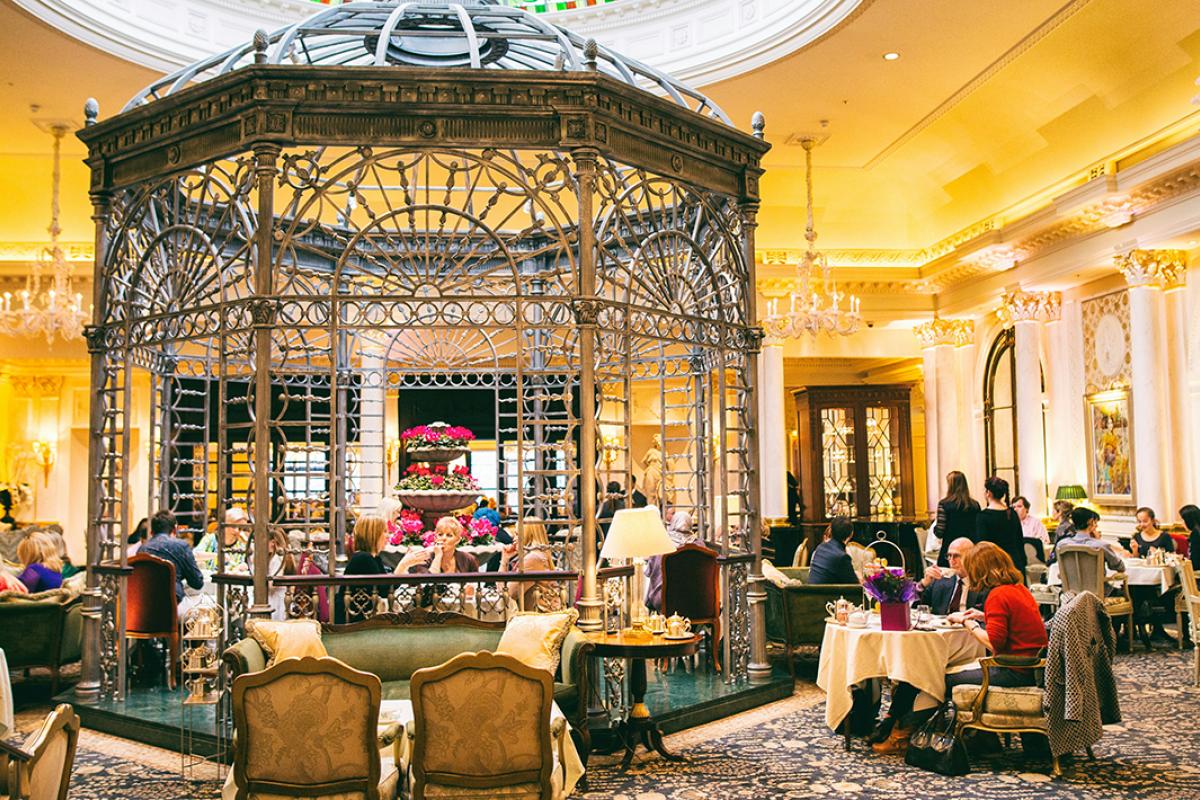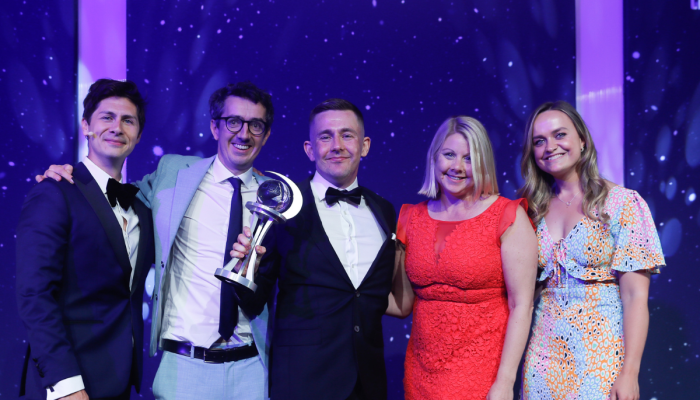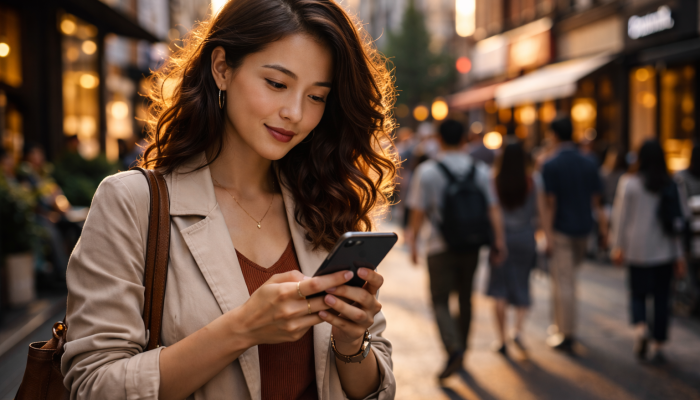My LinkedIn feed this week has been full of posts about the recent brutal racist attacks on the black community in America. Despite seeing so much content on this important issue, I am disappointed because it is always the same people raising their voices.
People I have spoken to are concerned that they will say the wrong thing and feel a sense of guilt. Let’s be clear here – guilt is a self-indulgent emotion. The right thing to do is own the fact that we won’t all always say the right thing. We need to educate ourselves, and if mistakes are made, correct them. Telling yourself you are an ally but never saying it out loud is not the way. We can only change the world if we all speak up. We need to recognise and acknowledge privilege first and foremost.
So, what stops us doing this? I would say this comes down to two things – first of all unconscious bias and secondly, our brains tendency to gravitate towards things of personal relevance. As a leader of a business in the neuromarketing world, and as a woman who is not white (a rarity at the top of any industry to be honest), the subject of bias affects me both personally and professionally.
I believe the current events should maintain a narrative centred around black lives. But to demonstrate how someone else’s bias can affect another person, I’ll tell you what happened to me. Before I do, I have to preface that I am of Pakistani origin and a Muslim. I do not wear a headscarf (personal choice) so have no marker of my faith on me.
Two years ago I was at an industry event at the IET. It was a beautiful sunny day and it was also the month of Ramadan. That morning we noticed the police were parked in a line outside the Savoy Hotel for what looked like some sort of “official” business. During an afternoon coffee break I stepped out to enjoy the sun. A white, middle-aged man came outside - I politely said hello and asked how his day was going. When we ran out of the usual small talk I looked over at the Savoy Hotel and said: “I wonder what the police are doing here for the day?”. His response stopped me in my tracks. He turned to me and casually said: “It must be because its Ramadan, you know when it all kicks off”. I looked at him and politely responded by explaining that I am Muslim and that Ramadan is a peaceful month, so I would be surprised if that’s why the police are here. He immediately realised what he had done - made a snap judgment and verbally vomited his biased internal monologue at a random brown person. His cheeks went red as he awkwardly bumbled a random string of words as a backtrack.
This is a perfect example of how someone who probably does not identify as racist, can say insensitive things without realising it. It’s not that they are doing this to cause harm, but what was classed as “normal” to them was offensive to me. His construct of the world has been built around biases different to mine. And I am guessing that his usual audience would have politely said nothing and failed to call him out on an assumption that was based on no evidence.
This got me thinking and questioning about how our own personal biases - especially when it comes to religion and race - can impact our work. In the market research industry, we are supposed to be the gatekeepers of insight and human truth. How can we design and execute marketing research, where slight nuances in a question can completely change the direction of the answer, if we have done no work on ourselves? It is our responsibility to understand our own biases and educate ourselves. It makes us better leaders, better marketers and more importantly better humans.
These biases also have an impact our hiring practices, which is something I could write a whole other article on. They are the reason that when businesses are currently creating policies and support for employees during the current racial turmoil, they do so without any input from someone who was actually at the centre of it. Quite simply there are hardly any black people in the room when these decisions are made.
It is not enough to agree that what is happening is wrong. As an industry that has the power to make a difference and influence change, we need to get our own house in order. We need to speak up. We need to understand our part in all of this, admit privilege, understand different perspectives, call out others in our circle who make off-the-cuff remarks. We need to stand together to change the world for the better. We may have different backgrounds, upbringing, skin colour, religion and we speak different languages, but we are all one human race.
Published in June 2020



